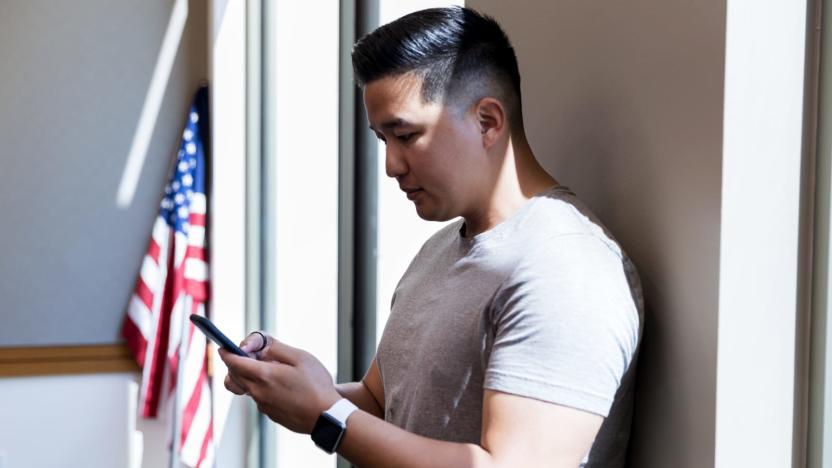health records
Latest

Google is reportedly gathering health data on millions of Americans
Google is gathering detailed health record information from millions of Americans -- and it has not informed patients or doctors, The Wall Street Journal reports. According to WSJ, St. Louis-based Ascension, the second-largest health system in the US, is sharing lab results, diagnoses and hospitalization records, as well as health histories complete with patient names and dates of birth, with Google.

US veterans can now use an iPhone to access their health records
Apple is widening American veterans' access to health records from their iPhones. In the wake of a test this summer, any veteran receiving care through the Veterans Health Administration can use Apple's Health app on iOS to pull up their medical data. You can check lab results, medications and other data in one place without having to get printed copies or otherwise walk through an elaborate process. This includes care across multiple providers, whether it's Johns Hopkins or UC San Diego.

London's E-Health Cloud program will send patient records to the stratosphere next month
You'd think that the recent spate of high-profile cyberattacks would've deterred the healthcare industry from sending patient records to the cloud -- but you'd be wrong. Beginning next month, all data on patients at London's Chelsea and Westminster Hospital will be stored in a centralized database, accessible from any computer, smartphone or tablet. Under the National Health Service's pilot program, known as E-Health Cloud, patients will be able to decide which doctors, nurses or family members can view their records, allowing them to easily share their data with other specialists. Flexiant, the Scottish software company that developed the platform, hopes to eventually expand it to other treatment phases, including assisted living, and insists that its system will help the NHS save money in the long-term. Security, however, will likely prove critical to the program's success. Users will have to pass multiple ID checkpoints to access the database, but privacy-wary Londoners might demand protection a bit more robust than an automated bouncer. You won't need to adhere to a dress code to view the full PR, available after the break.

IBM's Jeopardy-winning supercomputer headed to hospitals. Dr. Watson, we presume?
We always knew that Watson's powers extended well beyond the realm of TV trivia, and now IBM has provided a little more insight into how its supercomputer could help doctors treat and diagnose their patients. Over the past few months, researchers have been stockpiling Watson's database with information from journals and encyclopedias, in an attempt to beef up the device's medical acumen. The idea is to eventually sync this database with a hospital's electronic health records, allowing doctors to remotely consult Watson via cloud computing and speech-recognition technology. The system still has its kinks to work out, but during a recent demonstration for the AP, IBM's brainchild accurately diagnosed a fictional patient with Lyme disease using only a list of symptoms. It may be another two years, however, before we see Watson in a white coat, as IBM has yet to set a price for its digitized doc. But if it's as sharp in the lab as it was on TV, we may end up remembering Watson for a lot more than pwning Ken Jennings. Head past the break for a video from the University of Maryland School of Medicine, which, along with Columbia University, has been directly involved in IBM's program.


